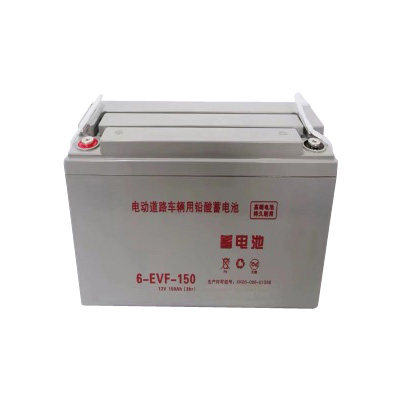Key characteristics and features of power batteries
2023-10-18
"Power battery" is a term often used to refer to a specific type of battery designed for high-power applications, such as electric vehicles (EVs), hybrid vehicles, and energy storage systems. Power batteries are distinct from energy-dense batteries that focus primarily on storing a large amount of energy for long durations. Power batteries are optimized for delivering bursts of energy quickly and efficiently, which is crucial in applications requiring rapid acceleration, regenerative braking, and high-speed charging.
Key characteristics and features of power batteries include:
1. High Power Density: Power batteries are designed to deliver high amounts of power in a short period. This requires a high power density, which means they can discharge rapidly without overheating or experiencing significant voltage drop.
2. Fast Charging and Discharging: One of the primary purposes of power batteries is to provide quick bursts of energy. This is particularly important in applications like electric vehicles, where rapid acceleration and regenerative braking require efficient energy transfer between the battery and the vehicle's propulsion system.
3. Thermal Management: Because power batteries can generate a lot of heat during rapid charging and discharging, effective thermal management systems are essential to prevent overheating and ensure safe and consistent performance.
4. Long Cycle Life: Power batteries need to withstand frequent charge and discharge cycles without significant degradation. Long cycle life ensures that the battery maintains its power delivery capabilities over its operational lifespan.
5. Safety: Safety is a critical consideration for power batteries, especially due to the high currents involved in their operation. Robust safety features and thermal management systems are implemented to prevent issues like thermal runaway and overheating.
6. Low Resistance: Lower internal resistance allows power batteries to deliver energy more efficiently and effectively, minimizing energy loss during high-power operations.
7. Voltage Stability: Maintaining voltage stability during high-power discharges is important to ensure that the battery can consistently deliver the required power without experiencing significant voltage drops.
8. Chemistry and Electrode Design: Power batteries may use specific electrode materials and designs that favor rapid charge and discharge, even if they sacrifice some overall energy density.
It's important to note that while power batteries excel at delivering high bursts of power, they might not be optimized for storing large amounts of energy over extended periods. Many applications, such as electric vehicles, use a combination of power batteries (for acceleration and quick power needs) and energy-dense batteries (for longer driving ranges) to achieve a balance between power and energy requirements.
The term "power battery" is often used in the context of electric vehicles and related technologies, where the ability to quickly accelerate and respond to changes in power demand is crucial for performance and efficiency.



